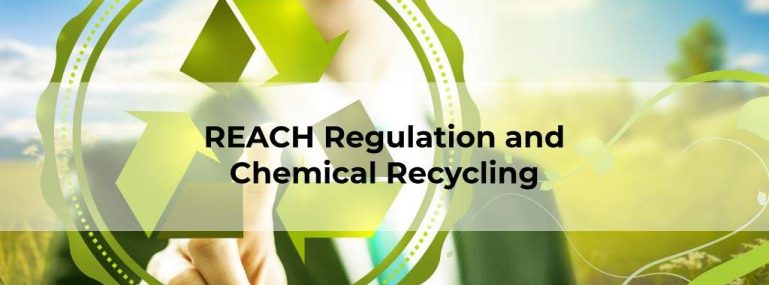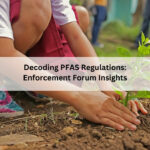The US Environmental Protection Agency (EPA) released the 2021 National Recycling Strategy on 23 November 2021, in San Francisco. The strategy aims to address recycling challenges faced by the nation and create a more resilient and cost-effective method for recycling municipal solid waste. According to the 2021 strategy, the EPA will address the climate impacts related to the production, use, and disposal of materials. The Agency’s strategy focuses on impacts on human health and the environment caused by waste and waste-related facilities in overburdened communities, reflecting its commitment to environmental justice.
EPA is ensuring that historically underserved and overburdened communities will benefit from its work, as it moves forward with this strategy. This strategy will not only make historic investments in recycling, but will transform recycling and solid waste management across the country, creating jobs and strengthening the economy.
As part of the implementation of the 2021 Strategy, EPA will work with stakeholders over the next few months. For the strategy’s ambitious goals to be achieved, EPA will work with communities, local, state, federal, and tribal partners, as well as public and private stakeholders. The EPA looks forward to providing support to state and local agencies who are working on these issues.
The state of California has a major role to play in this year by making sure that materials are recycled through remanufacturing in their state, including:
- Implementing new recycling laws, including the requirement for recycling labels and exports, as well as the restriction on the use of single-use food utensils,
- A $270 million investment in new recycling infrastructure and programs, and
- Launching state-wide food and yard waste recycling for the creation of new green products. This will begin in January 2022.
The Agency’s strategy focuses on how it will perform in the following areas, going forward:
- Increasing Equitable Access for Overburdened Communities: The EPA understands the burden of living near waste and waste-related facilities, as wastes that are not properly managed can lead to chronic health issues. Through the 2021 Strategy, recycling services will be more accessible to all community members, reducing environmental impacts.
- Reducing Climate Impacts of Materials Management: By 2021, the EPA will set a new national goal to reduce climate impacts from the production, consumption, use, and disposal of materials.
- The 2021 Strategy initially focused on municipal solid waste recycling. It will be necessary to create a “circular economy” in which materials like plastics, food waste, electronics, and industrial materials can be sustainably managed throughout their lifecycles. In cooperation with other federal agencies and interested stakeholders, EPA intends to develop subsequent strategies that cover other activities beyond recycling, including sustainable product design, reducing waste generation, and materials reuse.
ComplianceXL can assist you with implementing compliance programs by assessing your current situation, identifying compliance obligations that have not been addressed, and mapping out a roadmap for how you can meet the compliance requirements.
Talk to one of our global compliance specialists today and ask for a no-cost consultation.






